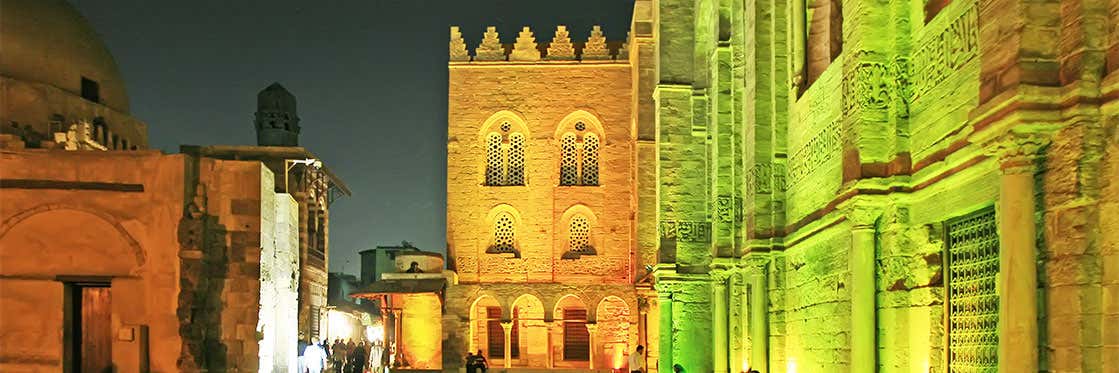
How safe is Egypt?
While Egypt has suffered turmoil both historically and more recently, tourists are welcome in much of the country and most trips pass without incident.
Egypt has a long history of tourism, and much of the population welcomes visitors with open arms. However, when planning any trip, it is essential to check the latest foreign travel advice to make sure you'll enjoy your holiday in safety.
Safe travel
In general, crime rates in Egypt are low. As with anywhere you go, ensure you keep money, passport and valuables safe and hidden away. Be aware of pickpockets and bag snatchers, and take extra care if and when travelling alone, particularly by taxi or bus. There is a dedicated tourist police service (# 126), and if you are the victim of any crime you should report it to them as soon as possible.
At popular tourist spots, large numbers of guides and tour operators offering their services can seem overwhelming and at times aggressive. If this makes you feel uncomfortable, booking your tours in advance and having a dedicated English-speaking driver and guide is a good idea.
Areas to avoid
Since the 2011 Revolution, Egypt has been in a state of political turmoil, and alongside growing religious extremism in that area of the world, the country has experienced violent protests, demonstrations and terrorist attacks.
While the main tourist attraction areas are usually relatively safe, and the majority of trips to Egypt pass without incident, there are areas that it is advised to avoid. We strongly recommend checking the latest foreign travel advice from your government before booking and travelling to Egypt.
As of October 2023, the UK's Foreign and Commonwealth Office (FCO) advises against all travel to:
the Egypt-Libya border (within 20km of the Egypt-Libya border except for the town of El Salloum. where all but essential travel is advised)
North Sinai
the Northern part of Sinai Governate (with the exception of the coastal areas along the west and east of the peninsula)
the eastern part of Ismailiyah Governorate
the Western Desert (except for Luxor, Qina, Aswan, Abu Simbel and the Valley of the Kings, the Governorate of Faiyum, the coastal areas between the Nile Delta and Marsa Matruh, the Marsa Matruh-Siwa Road, the oasis town of Siwa, the Giza Governorate north-east of the Bahariya Oasis, the road between Giza and Farafra, Bahriya Oasis, Farafra, the White Desert and Black Desert)
Hala'ib Triangle and Bir Tawil Trapezoid